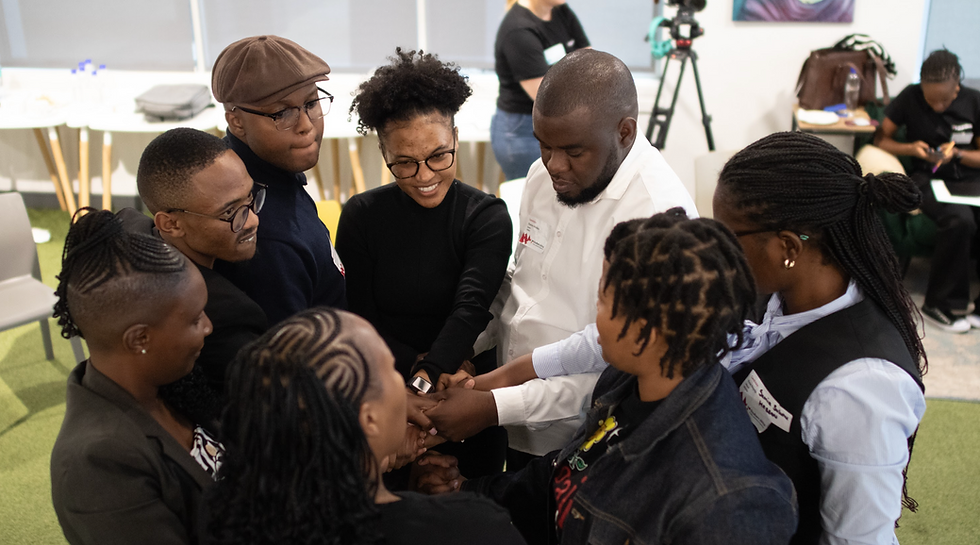Why Political Finance Transparency Matters for South Africa’s Democracy, and Civic Education
- Shaunei Gerber
- Jun 18, 2025
- 2 min read
The Electoral Commission of South Africa (IEC), together with the Human Sciences Research Council (HSRC), recently released a significant research report examining the implementation of the Political Funding Act (PFA) and public attitudes towards political finance.
The results paint a sobering picture: more than 80% of South Africans have either never heard of the PFA or heard little of it, which has been in effect since 2021 and mandates the disclosure of private donations above R100,000. Public trust in political parties and the funding of politics remains low, particularly among young people and marginalised groups. Confidence in the system is faltering, even as the need for greater transparency has never been more urgent.

Trust and transparency are critical for a healthy democracy. However, trust cannot exist in a vacuum; it must be earned through openness, accountability, and public participation. That’s why we believe this report has important implications for electoral reform, civic education, and citizen engagement more broadly.
The Constitution of South Africa recognised this long before the rest of us did. Section 1(d) commits the country to a multiparty system of democratic government, while Section 236 discusses the allocation of public funding to political parties to support their role in democratic life. These constitutional inclusions show intentional foresight. Those who wrote the Constitution understood that fair and sustainable funding is essential for a functioning democracy. They knew that political competition could not be genuine if it were dominated by a handful of wealthy donors behind closed doors.
Among the report’s key findings:
Public awareness is low. Most South Africans are unaware of the PFA or the Multi-Party Democracy Fund (MPDF), which was created to support multiparty democracy through transparent, publicly declared funding.
Young people are disengaged. While many see voting as a civic duty, political apathy, especially among youth, is reinforced by limited awareness and scepticism about where political money comes from and how it is spent.
Gender disparities persist. The report confirms what we see in our Women in Public Office, South Africa Programme: financial barriers and unequal access to political funding continue to exclude women from leadership.
Citizens want more transparency. Despite their doubts, many South Africans support stronger political finance oversight and see the IEC as the appropriate institution to lead this work, provided it is adequately resourced.
For Futurelect, this research reinforces our core mission: to equip citizens, especially young people and women, with the knowledge, tools, and confidence to participate meaningfully in democratic life. That includes understanding how political money flows, who influences public decisions, and how citizens can demand accountability.

Futurelect's Civic Education Programme features extensive video content breaking down topics including Political Party Funding into short, 3-5 minute episodes. Watch our Political Party Funding breakdown here: https://www.youtube.com/watch?v=mv61XaVCpag&t=1s
Democracy cannot function in the dark. Transparency begins with awareness, and awareness starts with education.
For more information on Futurelect, get in touch with us at info@futurelect.org.


